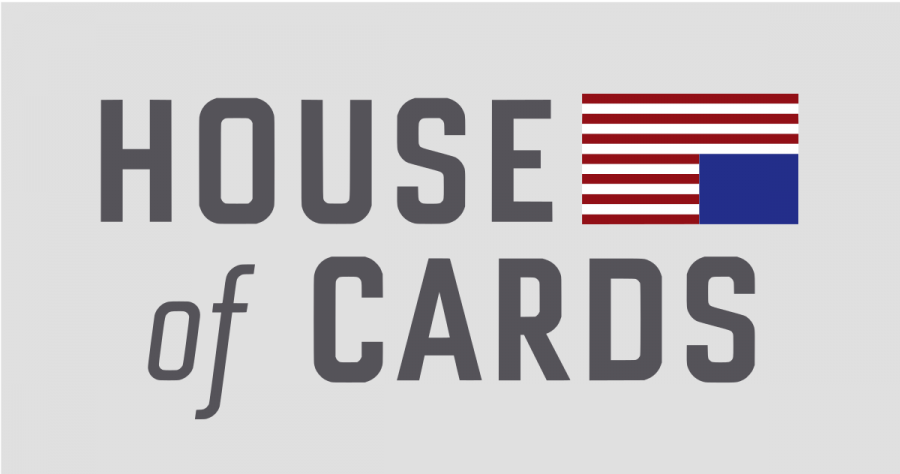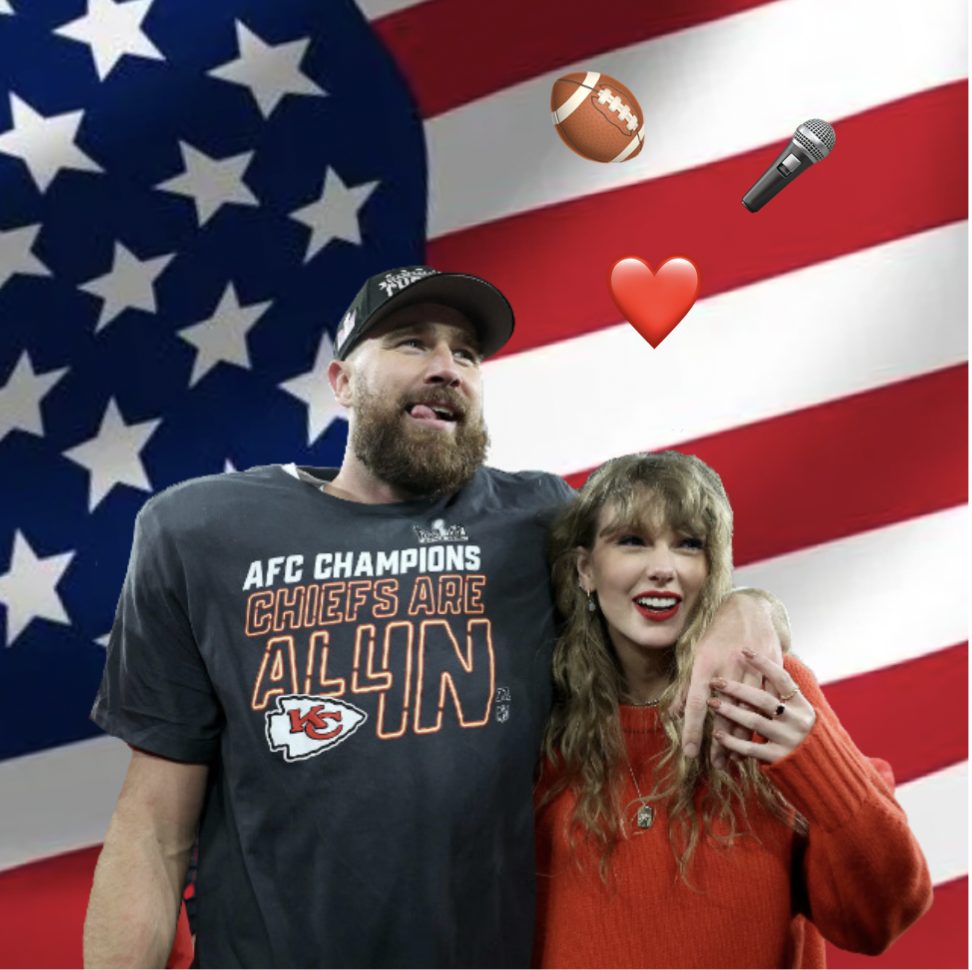By Carly Morris
Contributing Writer
This fall, the NFL has dealt with more issues regarding domestic violence and child abuse than it was equipped to handle it. The reach of their troubles has touched their workforce at almost every level: from the players who have been found assaulting their wives, girlfriends, and children, to the highest ranking officials who have shown their true colors by issuing minimal disciplinary action and consistently attempting to sweep these occurrences under the rug.
This fall’s events have been inexcusably poorly handled. But what demonstrates the need for deeply rooted change is just how many of these instances the NFL has been able to shroud in the past.
Most people are familiar with the current cases of Ray Rice, who knocked his fiancée unconscious in a hotel elevator, and Adrian
Peterson who repeatedly beat his four-year-old son with a tree branch. But, there are countless other cases that have gone on much more quietly.
For example, fewer people are familiar with the case of the
Arizona Cardinals’ Jonathan
Dwyer, who head-butted and punched his wife in the face, threw a shoe at his 17-month-old son, and repeatedly threatened to kill himself in front of them when his wife declined to have sex with him.
There is also the case of Greg Hardy of the Carolina Panthers, who served only a 60-day suspension after being found guilty of assaulting his former girlfriend and threatening to kill her.
Or even of the Cardinals’ Daryl Washington, who is serving one year of probation after assaulting the mother of his child, breaking her collarbone. (The NFL’s complete disregard for domestic violence is made all the more apparent in this situation by the fact that Washington was later sentenced to a much more severe punishment, a year’s suspension, for marijuana use.)
In fact, the overall attitude of the NFL towards domestic violence and child abuse is perfectly captured by a quote from Daryl Washington’s attorney: “It’s different for Mr. Washington. Mr. Washington is a Cardinals player and part of the NFL. For that reason, the rules are different than for everybody else.”
These cases are not isolated incidents nor were they uninformed mistakes. They were conscious decisions resulting from a company culture straight out of the Stone Age.
After the Rice and Peterson incidents, the NFL assembled a “social responsibility” team of women to help address the issues, and of course to try to show that it actually cares about women.
The NFL was partially right. There is clearly a need for women to share a bigger role in their otherwise male-dominated industry, but not for the purpose of creating an image during a crisis, or serving as a disaster clean-up crew after their archaic policies come to light. Women’s involvement in organizations like the NFL is absolutely crucial for implementing long overdue changes to their core principles and policies.
While the issues were handled miserably, the treatment of the individual cases is only the outward manifestation of a much deeper problem plaguing many such industries today. The root issue is the mindset that those within the organization unfortunately share, one that places the value of women as objects over that of their value as human beings, and one that places the importance of financial and popular success over that of simple human decency and integrity.
It is vital for women to become involved in these industries to implement and oversee the changes necessary to change this reality.


















